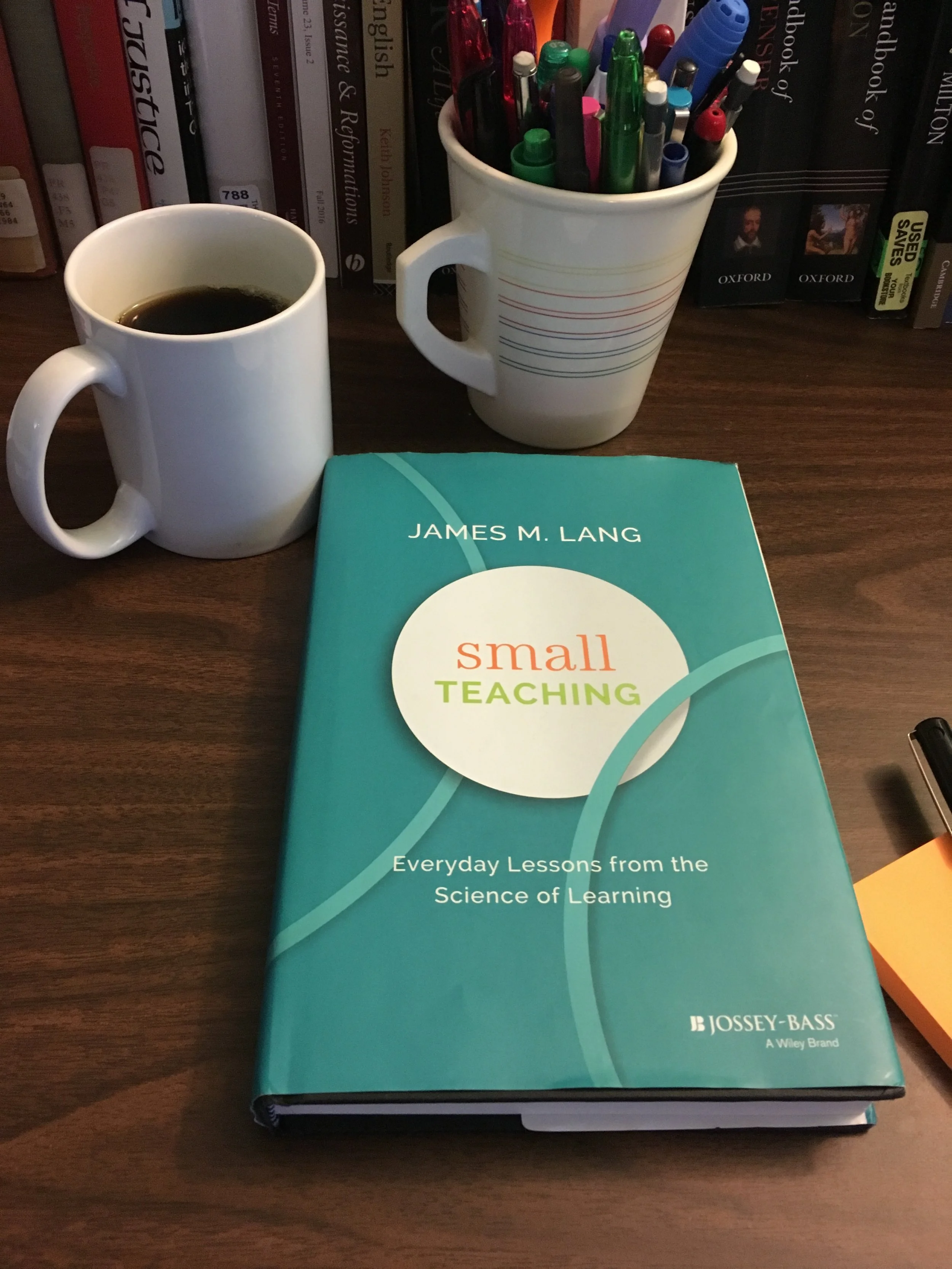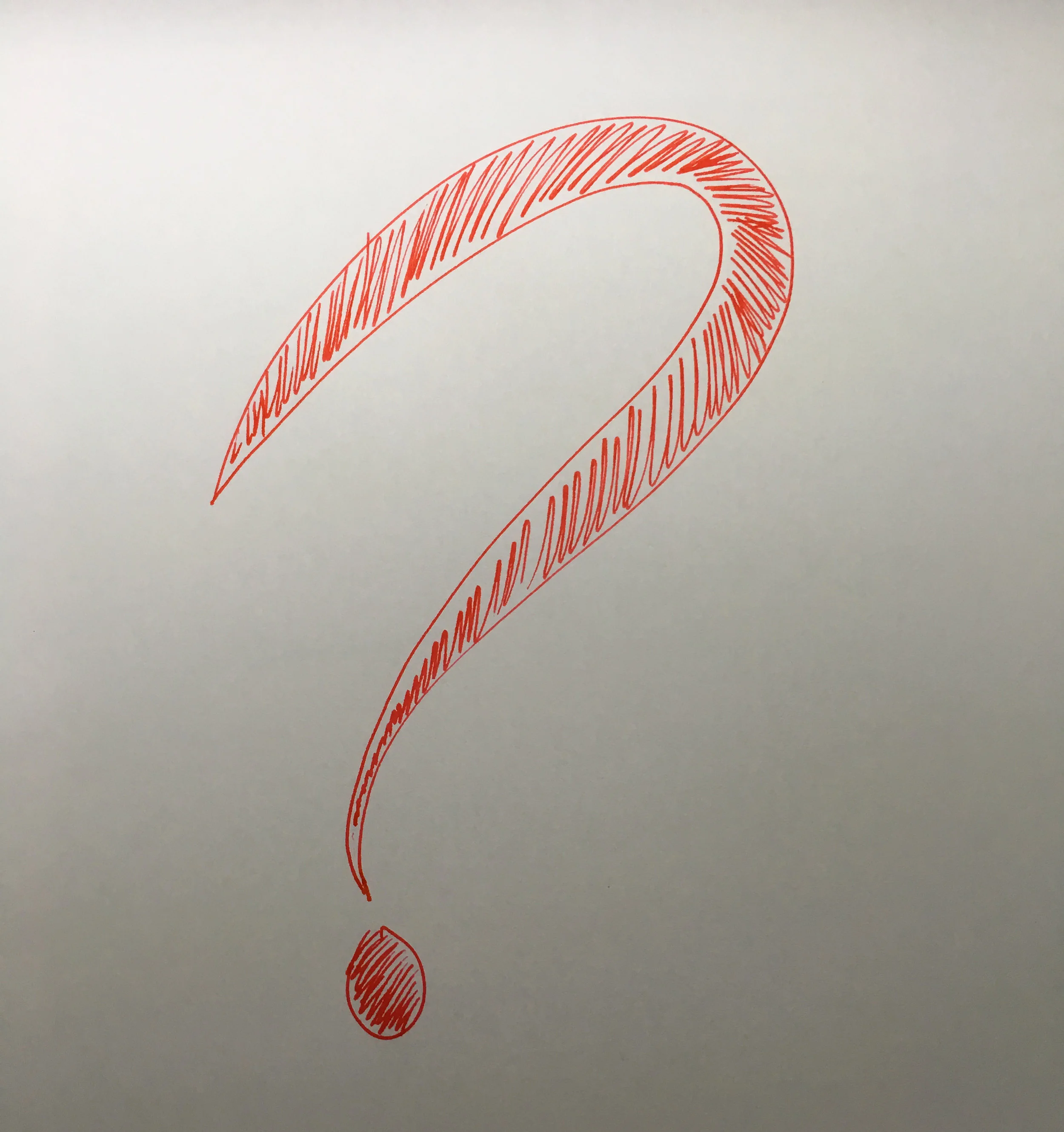Don’t Interrupt, I’m Busy Professing
In the recent Inside Higher Ed article “Please Don’t Call Me a ‘Teacher,’” anthropology professor Alexander H. Bolyanatz insists that he does not want to be referred to as a “teacher” but rather as a “professor.” Bolyanatz argues that although he does teach, his primary role is that of a “professional anthropologist.” He makes an analogy with baseball, arguing that although pitchers hit, they’re still called” pitchers.”
I’ll come right out and say that I disagree with this argument. I’m proud to be a teacher, and I’ll tell you why.
Although others may reasonably disagree with my assertion, I would argue that teaching is the essential function of a college professor. If the university didn’t exist as a school, with generations of students attending to acquire degrees, then there would be no professors. Even at the most august, research-centric institutions, teaching is what brings together this motley collection of scholarly professionals. At academic conferences, attendees who are experts but who nonetheless are not employed by a university are identified not as “professors” but as “independent scholars.”
As one IHE commenter points out, from a student’s perspective, the distinction between “teacher” and “professor” is immaterial because “you teach them stuff.” When I’m downstairs in my basement office recording screencasts for my online classes, it’s a running joke in my house that no one should disturb me because I’m busy “professing.” My students, however, would undoubtedly say that I “teach them English,” not that I “profess English to them.”
In an essay responding to Bolyanatz, John Warner observes that students have little awareness of the status and employment distinctions among faculty members, unless their professors choose to explain those distinctions. This has been my own experience, too. As far as I can tell, my students don’t know or care that I am a non-tenure-track faculty member. Most of them are aware that the appropriate form of direct address, is “Professor So-and-so” or “Doctor So-and-so.” unless you’ve been explicitly told otherwise by an individual faculty member. Whether we're assistant, associate, full, or adjunct professors, or lecturers, we are all professors (or teachers, or instructors, or faculty members) in the classroom, and that’s okay with me. When I write and speak about my work, I use the terms “teacher,” “professor,” and “instructor” more-or-less interchangeably, largely for the sake of verbal variety.
Bolyanatz sees a qualitative difference between what a college-level “professor” does and what a K-12 “teacher” does. He insists that this opinion does not reflect “disrespect or disdain for teachers and what they do,” nonetheless, it’s hard not to believe that he does disdain the work of mere “teachers.” In his view, teachers are primarily concerned with classroom management, wrangling with behavioral issues, acting in a quasi-parental role, and forcing students to do work that they’re really not interested in.
It would be more productive to frame this issue not as a conflict between being a "teacher" vs. a scholar who teaches, but rather as one of “pedagogy” versus “andragogy.” In recent decades, the term “pedagogy” has begun a linguistic narrowing. Originally meaning “the art, occupation, or practice of teaching … the theory or principles of education” (OED), some educational theorists have looked toward the term’s Greek root in the word for “child” and redefined “pedagogy” as the theory and practice of educating children, specifically. In contrast, “andragogy” refers to the theory and practice of adult education. Proponents of andragogy argue that adults are differently motivated than children, and that they engage with learning experiences in different ways (see Merriam and Ozuah for freely-available overviews of the field).
When Bolyanatz complains about “teachers,” he’s really equating “teaching” with “teaching children.” Yes, teaching children does require a different - although overlapping - skillset from teaching adult college students. But andragogy is still teaching. When Bolyanatz declares, “I am ill-equipped to consistently provide skilled interventions when students have difficulties with attention, comprehension, and reading deficiencies,” I wonder how he would cope with those issues when they arise in a college class, as they inevitably will. Adults still have problems with attention and comprehension. Some of them may lack the prerequisite skills that you think a student in your class should have. That’s life. People are diverse, and a good teacher will figure out how to address their diverse needs.
I am a teacher. As far as my students are concerned, “teacher” and “professor” mean the same thing, and they do to me, too. That doesn’t mean that a college-level teacher and a kindergarten teacher receive the same training or draw upon identical instructional skills on a daily basis. However, just because we teach different subjects to different levels of students, doesn’t mean we cannot both be teachers. Being a “teacher” also does not diminish the expertise that I, along with my faculty colleagues, have all developed in our subject areas. One of the great pleasures and challenges of my job is that I’m always trying to improve as both a scholar and a teacher, two roles that I’m content to inhabit.
Works Cited
Bolyanatz, Alexander H. “Please Don’t Call Me a ‘Teacher.’” Inside Higher Ed, 7 February 2017, https://www.insidehighered.com/advice/2017/02/07/professor-explains-why-he-asks-not-be-called-teacher-essay
Merriam, Sharan B. "Andragogy and self‐directed learning: Pillars of adult learning theory." New directions for adult and continuing education 2001.89 (2001): 3-14. http://umsl.edu/~wilmarthp/modla-links-2011/Merriam_pillars%20of%20anrdagogy.pdf
Ozuah, Philip O. "First, there was pedagogy and then came andragogy." Einstein journal of Biology and Medicine 21.2 (2016): 83-87. http://ojs.library.einstein.yu.edu/index.php/EJBM/article/view/90/90
Warner, John. “You Can Call Me a Teacher.” Inside Higher Ed, 9 February 2017, https://www.insidehighered.com/blogs/just-visiting/you-can-call-me-teacher





